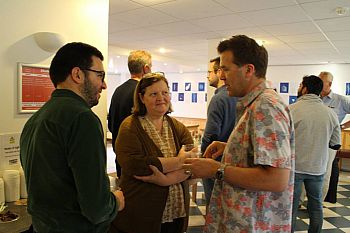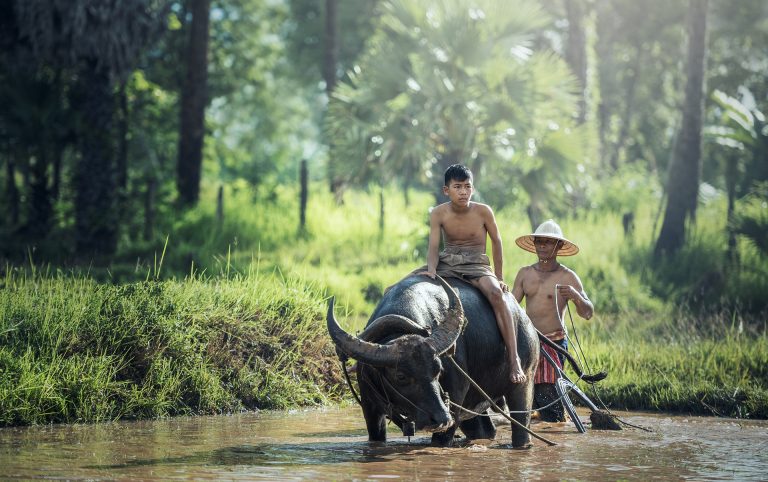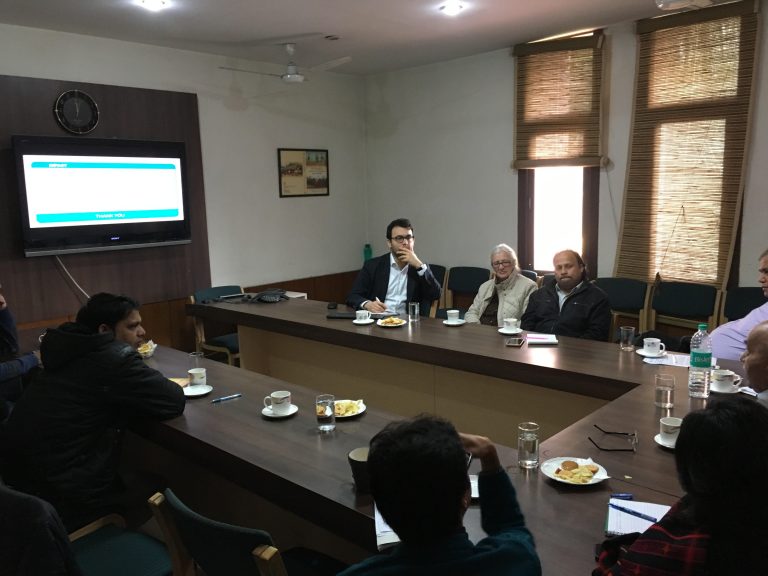The New Politics of Welfare:
Towards an “Emerging Markets” Welfare State Regime
What is the function of the welfare state?
Why do we see welfare state expansion today in most of the global south while we believed that neoliberalism would undermine the welfare state?
Emerging Welfare is an ERC funded project that investigates the politics of contemporary welfare state development in emerging market economies to answer these questions. It is a multimethod and interdisciplinary comparative welfare research project. We are building separate databases for welfare and political protest, and we employ quantitative, computational, and qualitative methods to explain the politics of welfare in select emerging markets, including China, India, South Africa, Mexico, Brazil, Argentina and Turkey, from a comparative and historical perspective.
The project is structured around two main research questions:
⇒ First, are we observing a new global welfare state regime structure as a result of this welfare state expansion in emerging markets?
⇒ And, second, what is the cause of this welfare state expansion in emerging markets? Specifically, what is the role of politics?
We employ four work packages. Work package 1 is designed to understand the global welfare state regime structure and its transformation since the 1990s. We have built a welfare state indicators database, GLOW, which collects and standardizes panel data on 61 countries from Global North and South since the late 1980s for 381 variables. This is the largest dataset of its kind. Using this database, we conduct cluster analysis in order to understand how a sample of emerging markets and westerns countries forms welfare state regime clusters. Our main conclusion is that there are four global welfare state regime families: populist, institutional, residual, and neoliberal. Then, we employ three work packages to understand the political causes of global welfare provision.
Our research is not only quantitative. Work package 4 conducts detailed qualitative analyses of parliamentary proceedings, official reports, and news archives to examine the extent to which state actors consider grassroots politics when making welfare policies, and how.
Our analyses so far have shown that emerging markets form a new welfare regime, the Populist welfare regime. Also, we have shown that emerging markets governments are using social welfare programs to contain the Indigenous unrest in Mexico, Maoist movement in India, Kurdish insurgency in Turkey, landless peasants’ movement and drug traffickers in Brazil, violent neighbourhood protests in South Africa and rural protests in China. We will continue our project until 2022 to show that there is a global pattern of governmental logic to expand and distribute social welfare as a tool of counter-insurgency.
* The project is led by Assistant Prof. Dr. Erdem Yörük and funded by the European Research Council. Horizon 2020, Excellent Science, ERC Starting Grant 2016, Project Number: 714868, Proposal Acronym: EmergingWelfare
The Global Contentious Politics Dataset
(GLOCON)
The Global Welfare Dataset
(GLOW)
News from EMW



